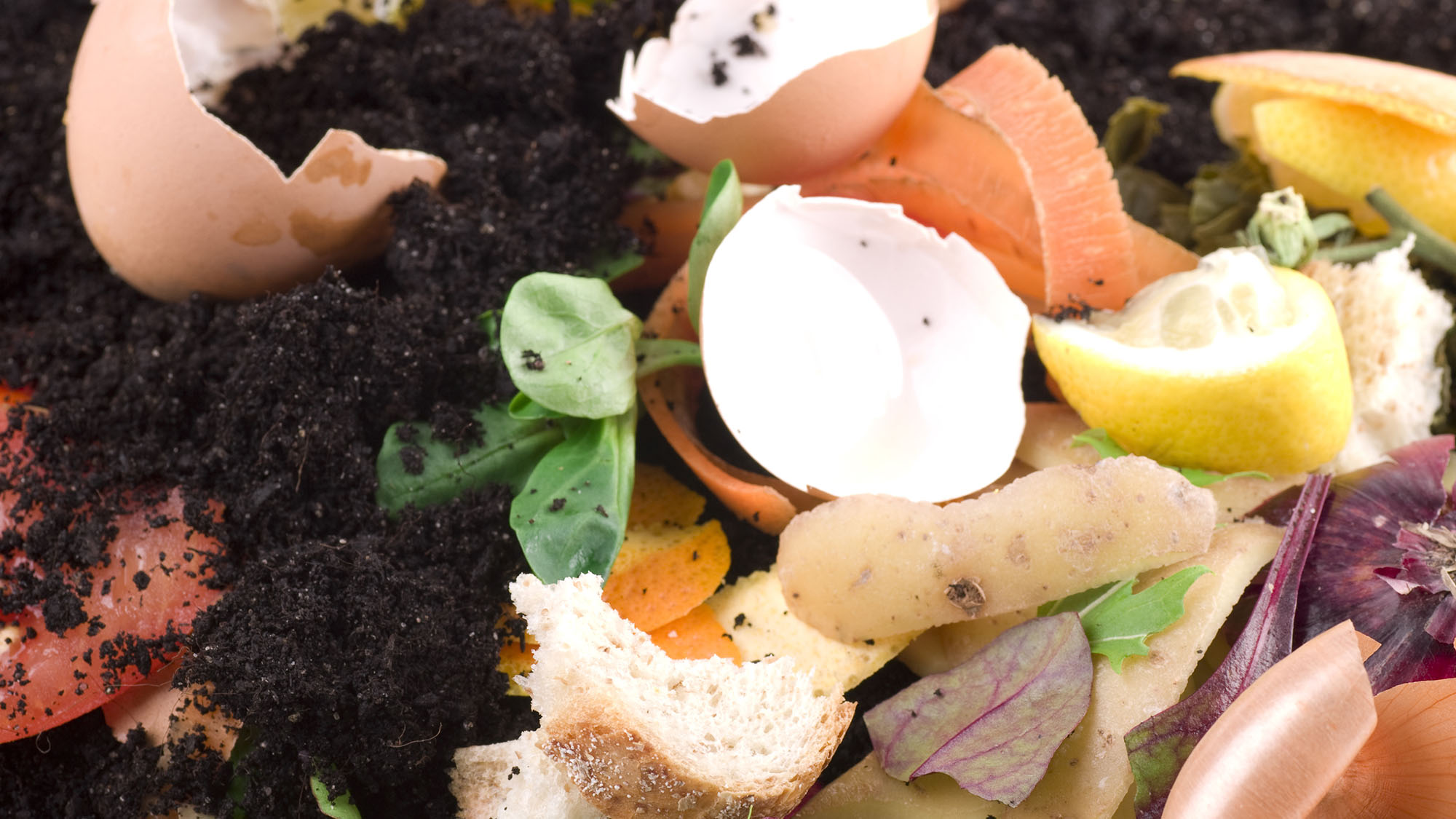Food waste | it’s time to act!

The festive season is upon us…
In usual times, with the plethora of large corporate parties, even larger family gatherings and a host of big nights (in or out) with friends, the run up to Christmas and the week after are not only some of the best times of the year, but they are almost always some of the most wasteful, and that is particularly true for food waste. Afterall, we tend to buy enough to feed a small army, benefitting from any number of retail deals encouraging us to buy one and get one free and buying nibbles just in case someone might pop in on any given day.
This Christmas is going to be somewhat different given lockdown rules, and our experiences over these last 10 months of living and working (and schooling) for much of the time from home. This change has renewed interest in making meals together and eating together, which resulted in a drop in food waste for much of the UK. There is a chance that the consumer bug won’t catch up with us in quite the same way, and that is undoubtedly a good thing. Afterall, food waste is a significant contributor to global emissions, underpinning global warming, and according to WRAP, if food waste loss and wastage was an economy it would be the third largest emitter in the world after China and the USA! And this is why food waste reduction is a prominent theme of many local authority climate crisis plans and wider sector decarbonisation strategies, including the resource and waste sector. But what does all this mean for business?
Time to act – but where to start?
In 2018, when Michael Gove was Secretary of State for the Environment, he appointed a food waste tsar (champion) in Ben Elliott. After being tasked with cutting food waste in the UK, Ben Elliott launched his ‘step up to the plate’ campaign to name and shame organisations that weren’t making a significant effort to cut food waste from their operations. Initially his attention was on large retailers and food manufacturing businesses.
In parallel, WRAP (English government’s resource advisor) has been focusing on developing a Food Waste Reduction Roadmap (FWRR) which was also launched in 2018, to help businesses tackle the substantial task of reducing food waste by 50% per capita by 2030. The initial focus of this voluntary campaign was to support large retailers and large food sector businesses as they implemented a ‘target, measure, act’ approach to food waste. More than 200 companies signed up, actively participating in understanding their food waste arisings before deciding how best to reduce and manage it, and then reporting on this success and encouraging their supply chain to follow suit where possible.
COVID-19 has really impacted the hospitality sector and the food and drink manufacturing sectors, so as we move into 2021 is there an opportunity for businesses throughout the supply chain to rethink what they do and how they do it? Some businesses survived lockdown by moving online and into home deliveries, whilst others had to downscale or develop new offerings to stay afloat. Can this entrepreneurial spirit and commercial mindset be applied to food waste, and could it save money and help the environment?
The answer is almost certainly yes! WRAP’s growing evidence-base suggests that understanding your food waste, assessing potential interventions and then prioritising these will not only make significant contributions in reducing carbon emissions, but could save £1200 per tonne when waste is prevented in the manufacturing process. Whilst according to the World Resources Institute (WRI), for every £1 invested in measurement, monitoring, training, lean manufacturing, and changes to primary and transit packaging, businesses saw a £14 return on investment. Great examples of this include where not only are businesses avoiding the cost of disposal, they’re benefiting from additional sales income too.
Reducing food waste for any business makes sound financial sense, and businesses should openly seek support on how to start their journey towards food waste reduction now. But the opportunities are not only there for businesses that are major food retailers (restaurants and shops), manufactures or those that prepare and package food products to make significant improvements in a short period of time. No, any business that has a canteen, or is involved in any aspect of food handling, should be looking at its food waste footprint and soon. But why is the time to act now?
Mandatory food waste collections are coming!
Not only is there a UK wide food waste reduction map and a government food waste tsar bringing increasing attention to the costs and impacts of food waste, and who are continuing to target big businesses, but the policy landscape is also shifting. Consequently, this should make food waste reduction a priority issue for us all when at home and work.
Current reforms to UK waste management policies will result in mandatory food waste collections from all households by 2024 (currently under 30% of homes get such a service). At the same time most businesses will also have the same target applied to them. This is a huge opportunity for any business to rethink its food waste situation, starting with identifying how much there is, where it is produced and what simple interventions might be available to help reduce it and manage it more effectively.
The best way to ensure your business gets the appropriate food waste collection service is to know how much food waste you produce (even if it is currently in our rubbish bin) and how much you expect to produce year-on-year as your interventions take hold. You could start by doing your baseline monitoring, or get some outside help to do this sooner rather than later.
Government consultations planned for March 2021 will refine the details behind the mandatory food waste collection policy, with legislation being developed by early 2022. But businesses don’t need to wait until then to start collecting good data and understanding their carbon footprint. You might want to engage in the consultations, and ensure that the requirements are appropriate for all businesses, whatever the scale, but the writing is on the wall – food waste reduction is key in the UK meeting net zero carbon targets by 2050 when mandatory food waste collections will be a core part of our transition plan.
In a recent resource sector webinar, the audience of 200 professionals were asked what one thing could our sector do to help the UK decarbonise in the short to medium term. The results showed overwhelming support for fast-tracking food waste collections and not waiting for 2024. Over 40% favoured this approach, double that supporting bans on landfilling waste, reducing residual waste bin capacity or introducing bin weighing. The sector supports food waste collections and so does the government. With this in mind, all business need to start thinking hard about what they know about their food waste arisings and what service provision (bins, frequency of collection, and preferred treatment route) they might want – three years will fly by!
How can SUEZ recycling and recovery UK help?
Now that the policy agenda is becoming clearer, and the likes of WRAP are creating the tools (audit protocols, reporting templates etc.) to help businesses to meet the food waste issue head-on, SUEZ have joined WRAP’s Food Waste Reduction Roadmap as an ‘enabling partner’. In doing so, we’re sharing our experiences and expertise of both waste and water technologies and management with our customers and encouraging them to rethink food waste production and treatment both on and off-site. So, if you are interested in having a food waste reduction audit then get in touch.
Colleagues across the SUEZ business portfolio have already helped a number of our customers to better understand and measure their waste, review their processes, assess their equipment and consider innovative on-site reduction, recycling or recovery solutions. The ‘target, measure, act’ plan gives a pragmatic structure to explore food waste issues within a company of any scale and has allowed us to set (together with our customers) realistic, measurable objectives based on the real data. SUEZ can then help customers to look at the entire supply chain related to a site or business from the receipt of raw produce, manufacturing ingredients or the final products on the shelves, to the delivery process, and every step in between. This helps to identify possible interventions and next steps, which often start with staff engagement, changes to procurement protocols, and the adoption of new services.
So, if you are a business looking to save money, or are trying to get ahead of the new policy reforms, or are committed to reducing your carbon footprint, then why not start 2021 with a new year’s resolution to focus on your food waste – who knows how much impact you could have!
For more information on how SUEZ can help your business reduce food waste, please visit here.
But in the meantime, what can you do with your business waste?
[1] Work with your contractors in understanding your baseline. What are you producing, what is the composition, is there a seasonality that needs to be considered?
[2] Assess the service you have against your business goals. Is it meeting your environmental, social and economic criteria now and in the short term?
[3] Discuss opportunities to change suppliers to help reduce your waste, or to improve the ownership of that waste through leasing systems etc.?
[4] Talk to your peers about the customer pressures they are experiencing and get an insight about the likely policy, legislation, regulation changes that might impact your business in the medium term.
[5] Plan for how your business will adapt to the changing regulatory/legislative regime, and test new business models with your supply chain/contractors/customers.
Navigating the chaos
There is without doubt a lot of change happening right now, with BREXIT looming, COVID-19 still impacting decision-making and business operations, and significant changes in customer demands plus expected policy reforms. These challenges may be daunting but they are providing an exciting opportunity for businesses to rethink their operations and change the services they procure and use, and food waste should be right at the top of that priority list in 2021. I
n the meantime, you can track what is happening and upskill yourself through your trade bodies or by following the plethora of online webinars and briefings, including those from SUEZ.
The pace of change we face in business only ever increases and what might seem like a long way off (carbon net zero by 2050 or mandatory food waste collections by 2024) needs sensible decisions to be taken in advance, based on sound data and an appreciation of best practice. Speak to your peers and help each other to ensure you don’t leave it too late to make the changes that will deliver you savings and ultimately de-risk your business, you know it makes sense!
